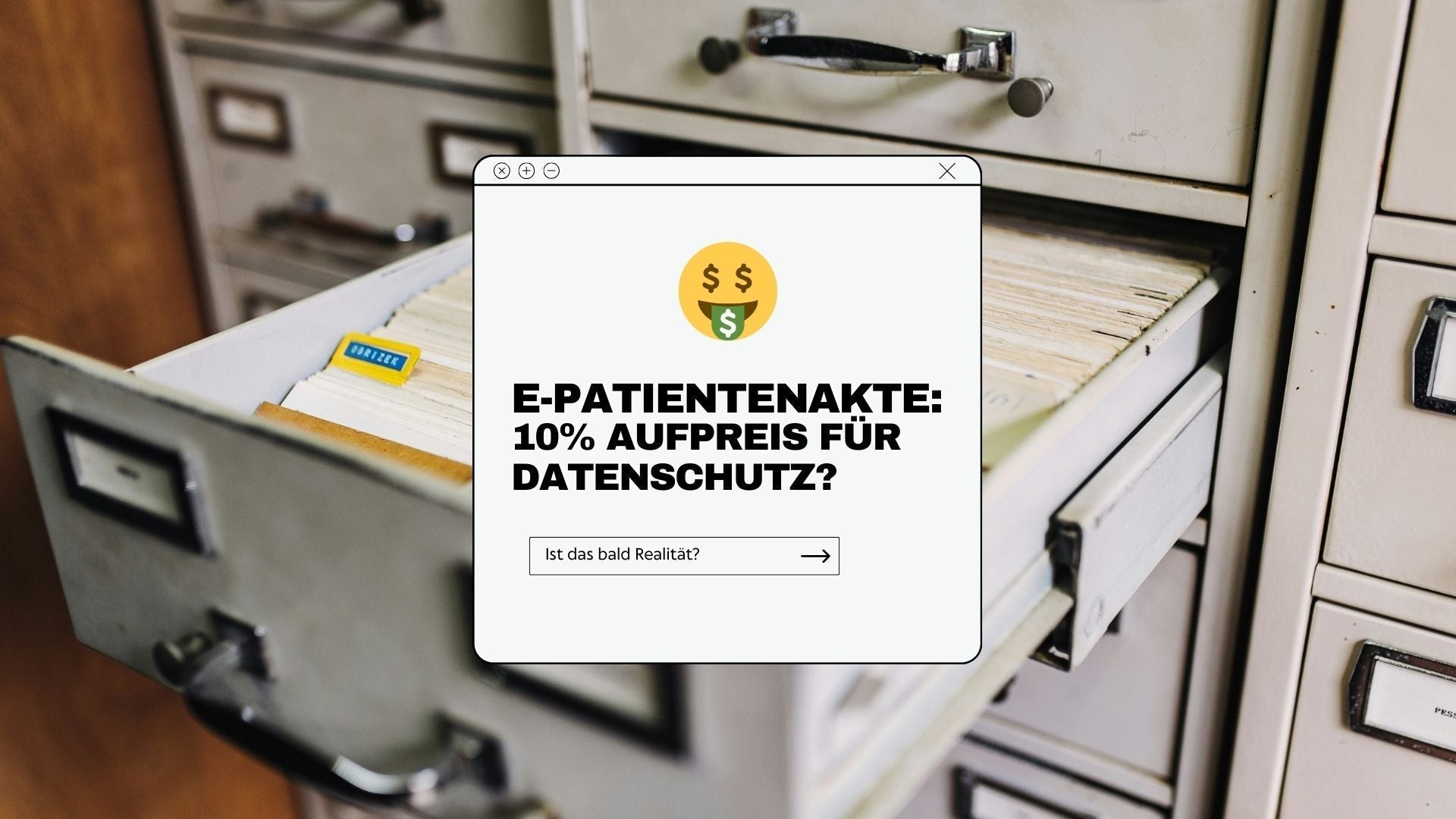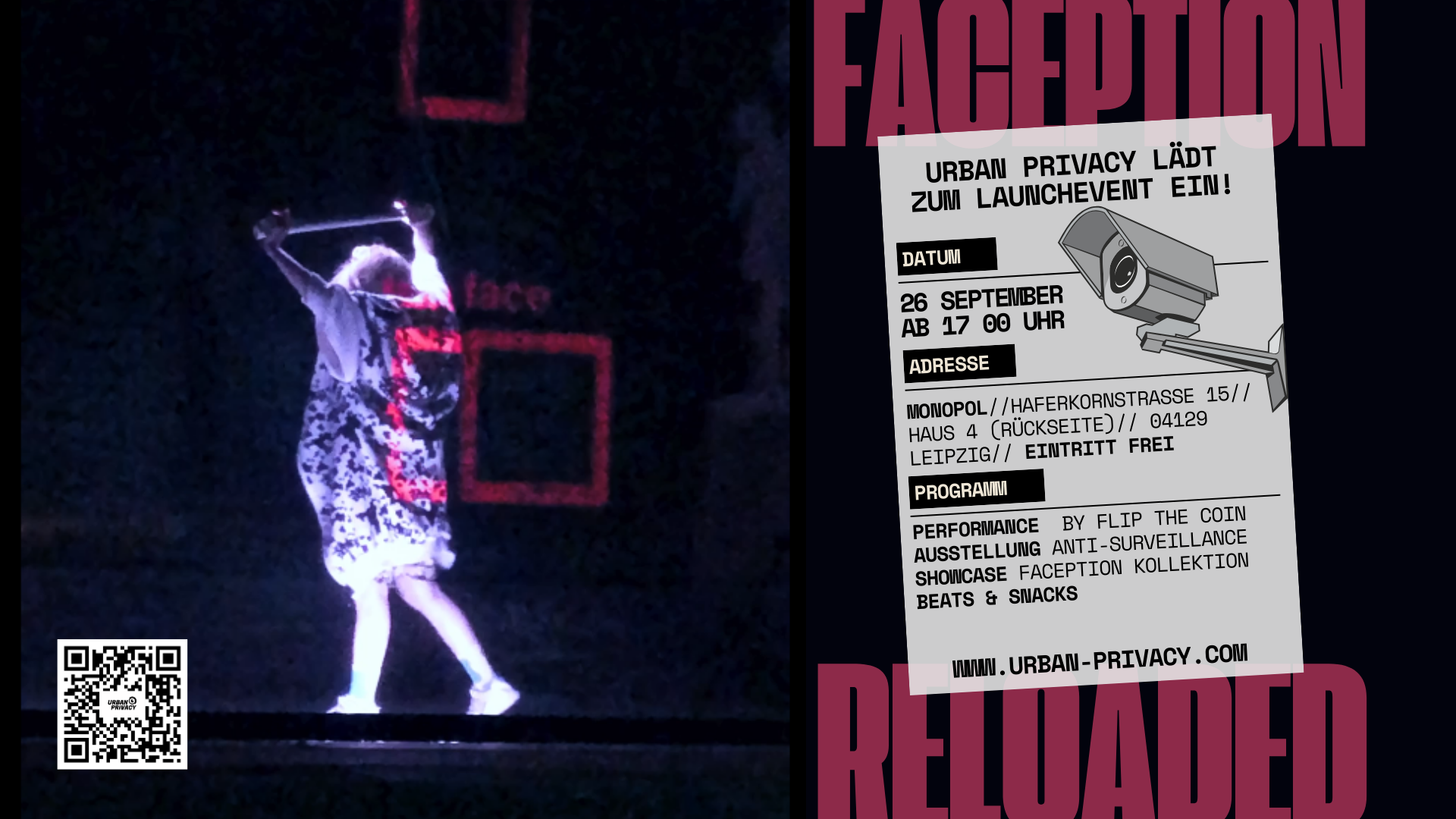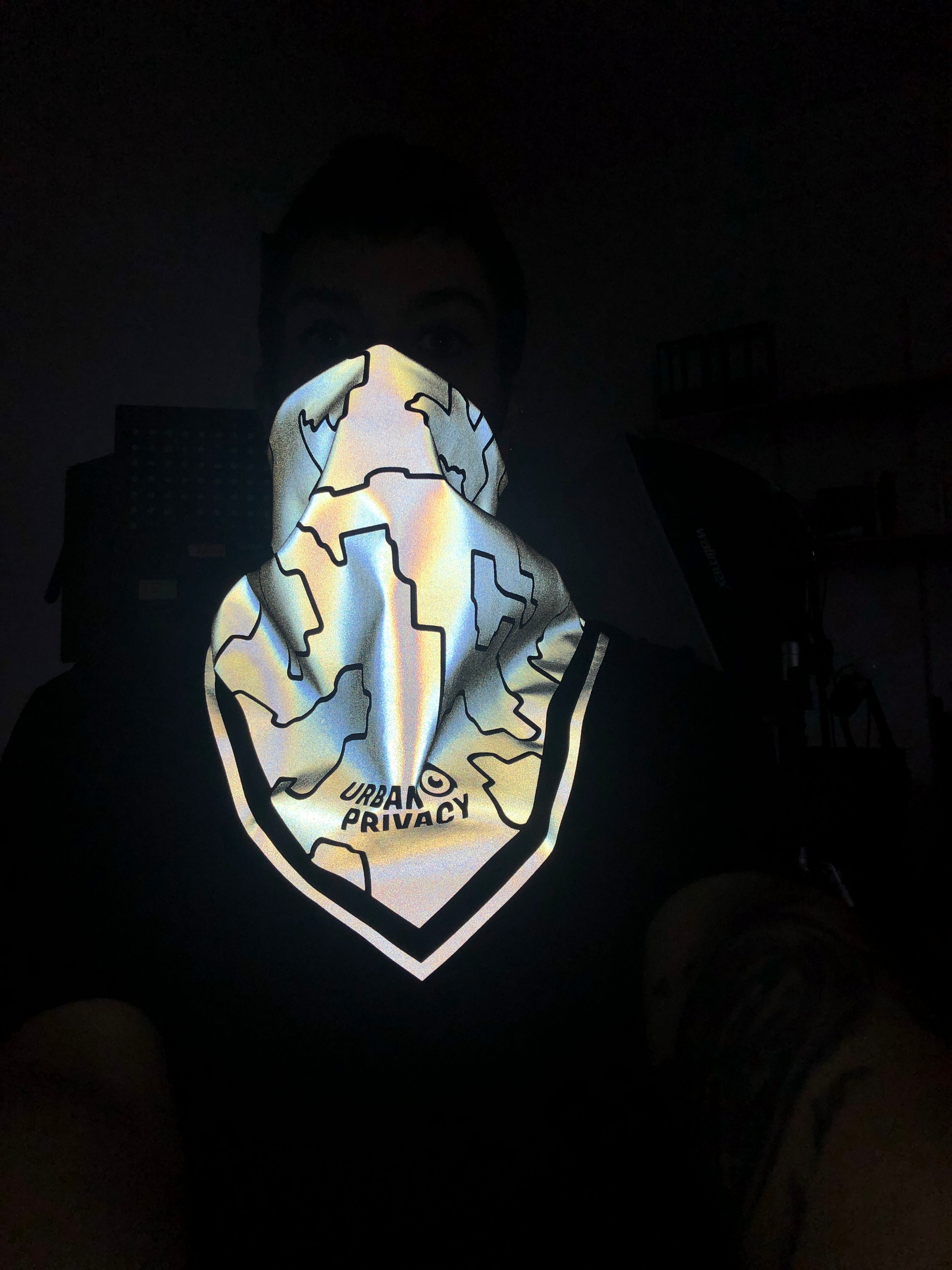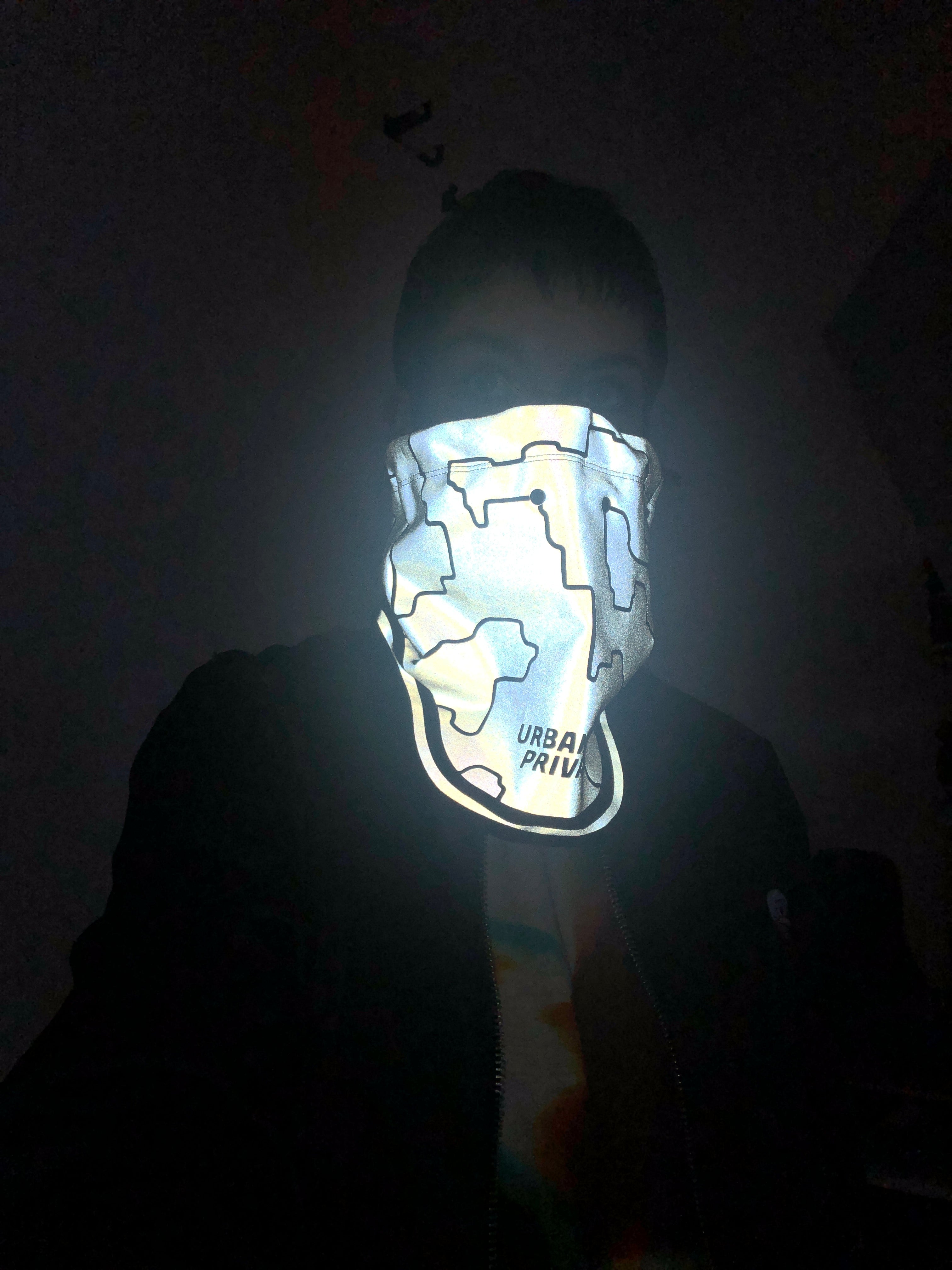I’ve Got Nothing to Hide”? 7 Reasons Why That’s a Dangerous Myth
You’ve probably heard that one sentence that almost always comes up when people talk about privacy:
“I’ve got nothing to hide.”
Maybe you’ve thought or said it yourself — on impulse, without any ill intent. Understandable: In a world where we give away our data every day, it sometimes feels easier to just brush the topic aside.
But what if that very sentence is the problem?
What if it creates a dangerous illusion — that privacy only matters for criminals or paranoid people?
We say: Privacy doesn’t protect us because we have something to hide — it protects us because we have something to lose.
Our freedom. Our rights. Our dignity.
In this article, we’ll show you 7 good reasons why you should leave this myth behind — and what you can say instead next time someone shrugs it off.
1. Privacy Is a Human Right
Privacy isn’t a luxury or a personal hobby. It protects our free speech, political engagement, and our most intimate thoughts.
The United Nations agrees: Article 12 of the Universal Declaration of Human Rights guarantees the right to privacy. Without this right, democracies can’t survive — because control breeds intimidation, not trust. [¹]
2. Data Lives Longer Than You Think
What seems irrelevant today — your location history, Google searches, music tastes — could be politically sensitive tomorrow.
In authoritarian regimes, seemingly harmless data suddenly becomes a risk. And even when changing jobs or dealing with insurance, your digital self can become a stumbling block. [²]
3. Facial Recognition Discriminates — Proven
Automated facial recognition is often sold as objective — but it’s not.
Numerous studies show systems misidentify people of color, women, and trans individuals significantly more than white men.
False identification can lead to police raids, arrests, or simply fear — even for completely innocent people. [³]

4. You’re Being Watched — Often Without Knowing
Face recognition cameras in train stations, website tracking, movement analysis via Wi-Fi — you are scanned, categorized, and rated, often without your knowledge.
Consent? Rarely. Control? Difficult. Surveillance is silent but omnipresent. [⁴]

5. Metadata Is More Powerful Than You Think
You might think you’re not sharing anything personal as long as you don’t upload texts or pictures.
Think again. Metadata — information about who, when, where, and for how long — is enough to create a complete profile of you.
Whoever has your metadata often knows more about you than your friends do. [⁵]
6. Privacy Protects Not Only You — But Everyone
Even if you have nothing to hide, people around you might.
Activists, queer people, survivors of domestic violence, whistleblowers — they need safe digital spaces.
And each of us can contribute by collectively defending privacy. [⁶]

7. Surveillance Grows — And Is Rarely Reversed
New surveillance laws or technologies often emerge under the pretext of “security.”
But once introduced, they stick around — even if the original reason is long gone.
Privacy is foresight for the future. Yours, ours, and the next generation’s. [⁷]
What You Can Say Instead
✅ “I have a right to privacy — and that shouldn’t only count if I have something to hide.”
Or:
✅ “Just because I have nothing to hide doesn’t mean I want to reveal everything.”
Or:
✅ “Privacy isn’t suspicion — it’s a fundamental right.”
Sources
[1] UN Universal Declaration of Human Rights, Article 12: https://www.un.org/en/about-us/universal-declaration-of-human-rights
[2] EFF – Surveillance Self-Defense: https://ssd.eff.org
[3] MIT Media Lab – Gender Shades: http://gendershades.org/
[4] netzpolitik.org – Facial Recognition & Surveillance: https://netzpolitik.org/tag/gesichtserkennung/
[5] The Guardian – Metadata and surveillance: https://www.theguardian.com/technology/2014/jun/12/metadata-web-history-government-surveillance
[6] Privacy International – Solidarity & Surveillance: https://privacyinternational.org
[7] CCC – Legislation & Surveillance: https://www.ccc.de















Comments